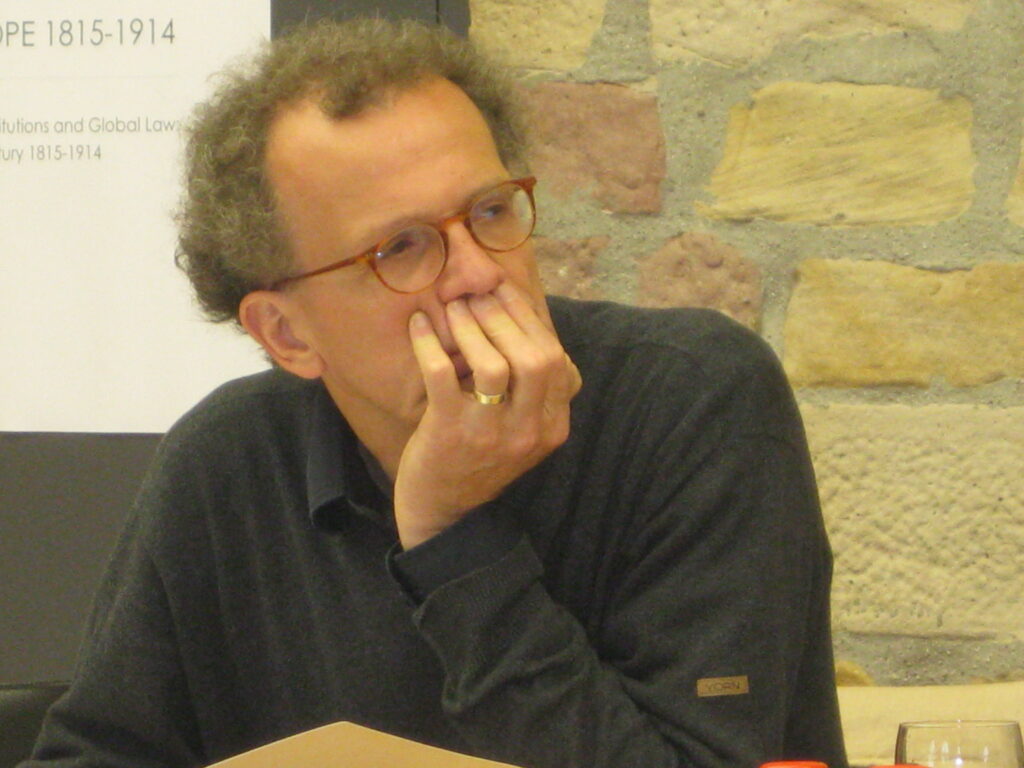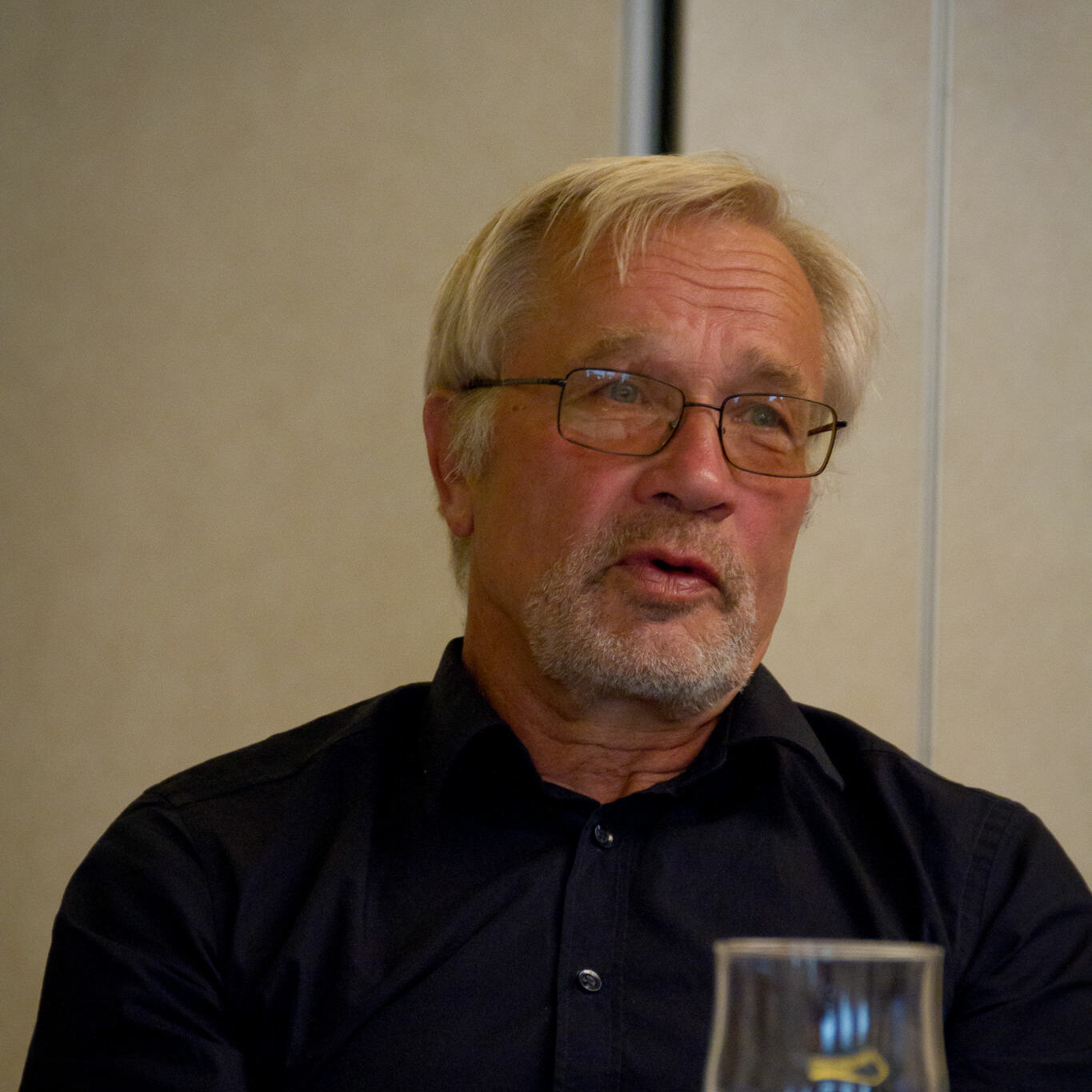Directors: Bo Stråth (HEC) and Peter Wagner (SPS)
2005/2006
A research programme for the years 2005 and 2006 and a pre-study 2002-2003 financed by the EUI Research Council


What you have acquired from your fathers
acquire it to own it.
Was Du ererbt von deinen Vätern hast,
erwirb es, um es zu besitzen.
Johann Wolfgang von Goethe, Faust I
The project’s subplot and origin
For a long time, the centre of attention in the analysis of European integration was placed on, first, market-making and, second, polity-building. But, increasing emphasis has recently been given to European cultural commonality. While ‘European identity’ or ‘European cultural heritage’ are the key terms of this debate, recent work in sociology and history questions the idea, which is implicit in these concepts, of stable cultural orientations persisting over long time periods.
In this light, the specific identity of Europe cannot be sought in any cultural heritage, ready for use in the present, but through a sequence of socio-historical transformations in which basic issues of self-understanding were ever newly interpreted. This programme will analyse selected such transformations in European history – two founding ones, and two recent ones – as well as two transversal themes of the debate about the European heritage – the question of European liberty and the question of European unity – to apply recent theoretical innovations in the social and historical sciences to the analysis of European society and history.
The project design and problem formulation were prepared in 2002-2003 by Bo Stråth and Peter Wagner in the project “The Modernity of Europe. A Comparative-historical and Politico-philosophical Reassessment.” That project’s key point of departure was that Europe (and, more broadly, the West) has long been regarded as the birthplace of both modernity and modern social theory and political philosophy. The parallel advent of successful ‘modernization’ of non-Western countries such as Japan; of a kind of postcolonialism that sees itself as a radical alternative to, rather than merely a liberation from, Western dominance; and of postmodernism as a cultural-intellectual challenge within the West has, however, cast doubts on at least any simple versions of the story of the rise of Western modernity. The new start of European integration, at the same time, has brought the differences between Western versions of modernity, such as between Europe and the US, which were widely debated during the inter-war period, back to the centre of attention, not least in the form of the question about ‘European identity’.The project’s aim was twofold: First, it aimed to deepen the understanding of the specificity of the European variety of modernity in terms of its historical development and institutional form and interpretative self-understanding. Second, to explore the broader background to the first question, it aimed to explore European modernity is seen in a global context.is context, the concept of ‘European modernity’ emerged not as a principally superior mode of social organization but as one among various institutional interpretations of a broader programme of modernity.
A seminar series in 2004-2005 followed up and became a bridge to the present project on Europe’s cultural heritage. A key point of departure of the European modernity project was that Europe (and, more broadly, the West) has long been regarded as the birthplace of modernity and modern social theory and political philosophy. The parallel advent of successful ‘modernization’ of non-Western countries such as Japan; of a kind of postcolonialism that sees itself as a radical alternative to, rather than merely a liberation from, Western dominance; and of postmodernism as a cultural-intellectual challenge within the West has, however, cast doubts on at least any simple versions of the story of the rise of Western modernity. The new start of European integration, at the same time, has brought the differences between Western versions of modernity, such as between Europe and the US, which were widely debated during the inter-war period, back to the centre of attention, not least in the form of the question about ‘European identity.’ In this context, the concept of ‘European modernity’ emerged not as a principally superior mode of social organization but as one among various institutional interpretations of a broader programme of modernity. Several attempts were made in the historical and social sciences to develop perspectives in theory and research that addressed this new situation.
Objectives at the outset and outcome
The main objective of this research programme is the elaboration of a more adequate understanding of the cultural specificity of Europe. In other words, we do sustain the idea that there is a European cultural specificity but hold at the same time that it is most often badly conceptualized and, consequently, not well grasped in its main components.
The current debate is divided between, on the one side, those scholars who try to identify a common identity of Europe and taken over from a common past and, on the other side, those – mostly younger – scholars who insist on diversity and plurality of cultural orientations and ever-shifting cultural practices within Europe. This is a rather barren debate based more on theoretical presuppositions than actual historical or sociological insight.
Our perspective would start from the latter emphasis on cultural practices. Recent work in sociology and history as well as in anthropology and philosophy, has convincingly questioned the idea of stable cultural orientations persisting over long periods – both in theoretical terms and based on empirical investigations. However, much of the research inspired by these insights now adopts a small-scale, short-term perspective and, thus, loses out of sight any form of persistence of cultural orientations.
The innovative move we are proposing is the application of the recent insights about the rooting of cultural orientations in experiences; in interpretations of those experiences; and in practices built on those interpretations to analyse large-scale, long-term phenomena such as, in our case, ‘Europe’.
In the sociology of modernity as well as in modern history, it was long held that the modernity of Europe was brought about and acquired its specificity through one great rupture in European history, the beginning of modern times (Neuzeit), at best conceived as a succession of related, mono-directional ruptures. The emphasis, as is well known, was placed on the scientific, democratic and industrial revolutions and the European global expansion, bringing in their sum the unique ‘modern society’, which allegedly became a model to follow worldwide. In contrast, our research programme aims to re-read European history as a sequence of transformations in which basic self-understanding and self-interpretation were taken up and ever newly interpreted, leading to a series of institutional sedimentations across European history without arriving at a single superior solution.
This research programme’s core is analysing selected transformations in European history. Based on insights from our earlier research work on European modernity and building on them, we chose two transformations that have often been seen as constitutive of Europe – the invention of democracy in ancient Greece and the decline of the Roman Empire – and two recent transformations that can be seen as central for our current self-understanding – the rupture in history through the First World War and the repositioning of Europe in the current era of so-called globalization. In addition, we will analyze two themes transversal to European history and often seen as key dimensions in the debate about European identity – the question of European liberty and the question of European unity and division from a historical perspective.
The project and the pre-project resulted in the volume by the two directors: European Modernity: A Global Approach.





































